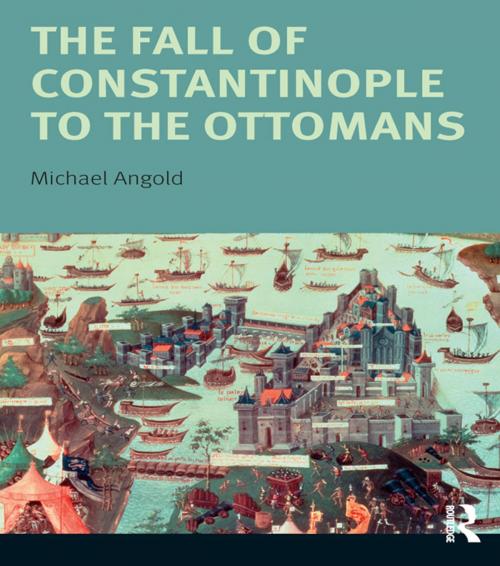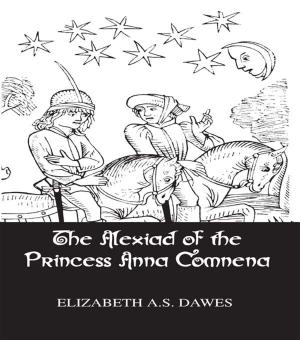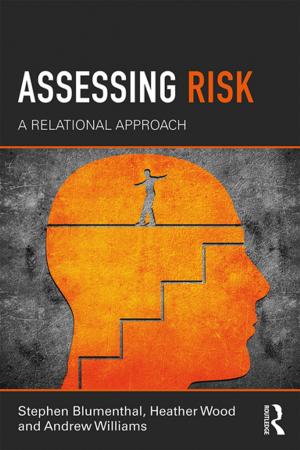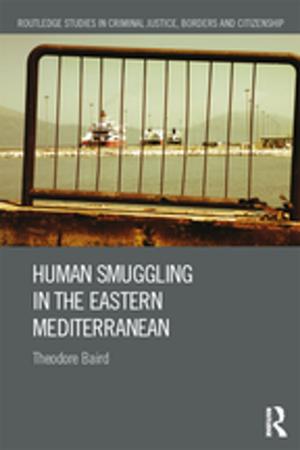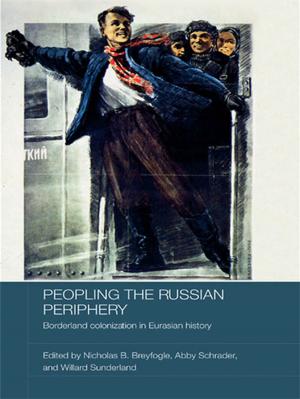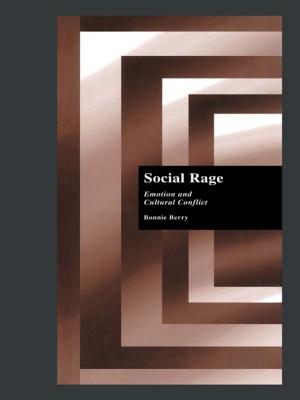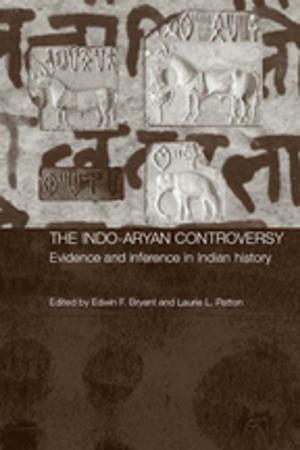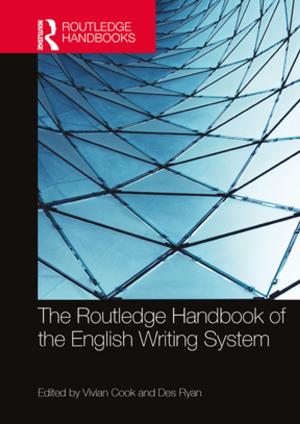The Fall of Constantinople to the Ottomans
Context and Consequences
Nonfiction, History, Greece, Medieval| Author: | Michael Angold | ISBN: | 9781317880516 |
| Publisher: | Taylor and Francis | Publication: | June 11, 2014 |
| Imprint: | Routledge | Language: | English |
| Author: | Michael Angold |
| ISBN: | 9781317880516 |
| Publisher: | Taylor and Francis |
| Publication: | June 11, 2014 |
| Imprint: | Routledge |
| Language: | English |
The fall of Constantinople to the Ottomans in 1453 marked the end of a thousand years of the Christian Roman Empire. Thereafter, world civilisation began a process of radical change. The West came to identify itself as Europe; the Russians were set on the path of autocracy; the Ottomans were transformed into a world power while the Greeks were left exiles in their own land. The loss of Constantinople created a void. How that void was to be filled is the subject of this book.
Michael Angold examines the context of late Byzantine civilisation and the cultural negotiation which allowed the city of Constantinople to survive for so long in the face of Ottoman power. He shows how the devastating impact of its fall lay at the centre of a series of interlocking historical patterns which marked this time of decisive change for the late medieval world.
This concise and original study will be essential reading for students and scholars of Byzantine and late medieval history, as well as anyone with an interest in this significant turning point in world history.
The fall of Constantinople to the Ottomans in 1453 marked the end of a thousand years of the Christian Roman Empire. Thereafter, world civilisation began a process of radical change. The West came to identify itself as Europe; the Russians were set on the path of autocracy; the Ottomans were transformed into a world power while the Greeks were left exiles in their own land. The loss of Constantinople created a void. How that void was to be filled is the subject of this book.
Michael Angold examines the context of late Byzantine civilisation and the cultural negotiation which allowed the city of Constantinople to survive for so long in the face of Ottoman power. He shows how the devastating impact of its fall lay at the centre of a series of interlocking historical patterns which marked this time of decisive change for the late medieval world.
This concise and original study will be essential reading for students and scholars of Byzantine and late medieval history, as well as anyone with an interest in this significant turning point in world history.
